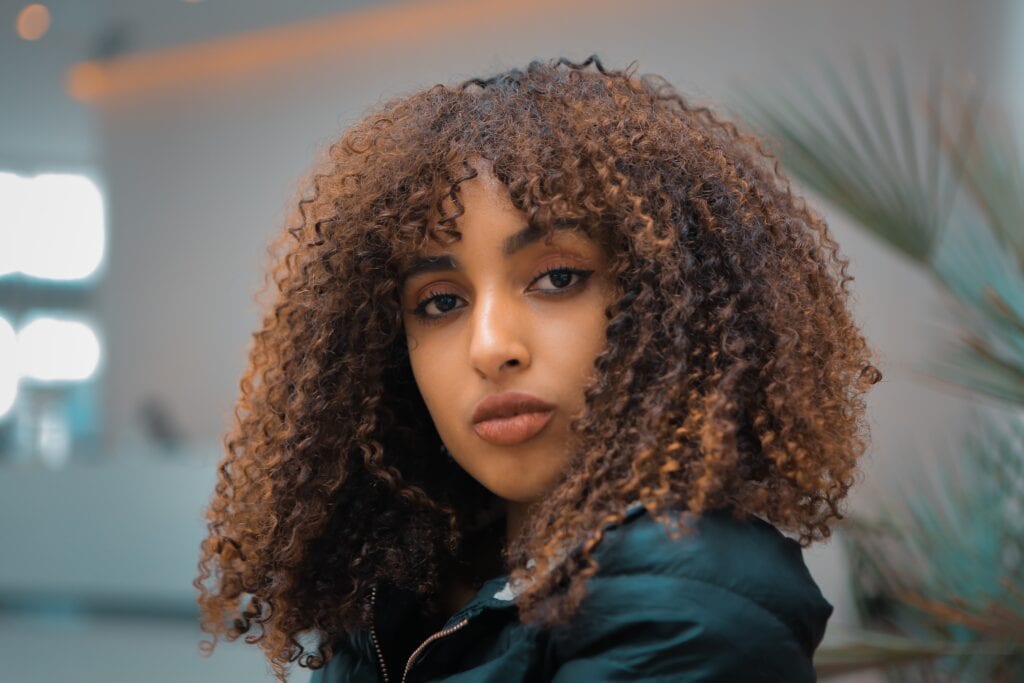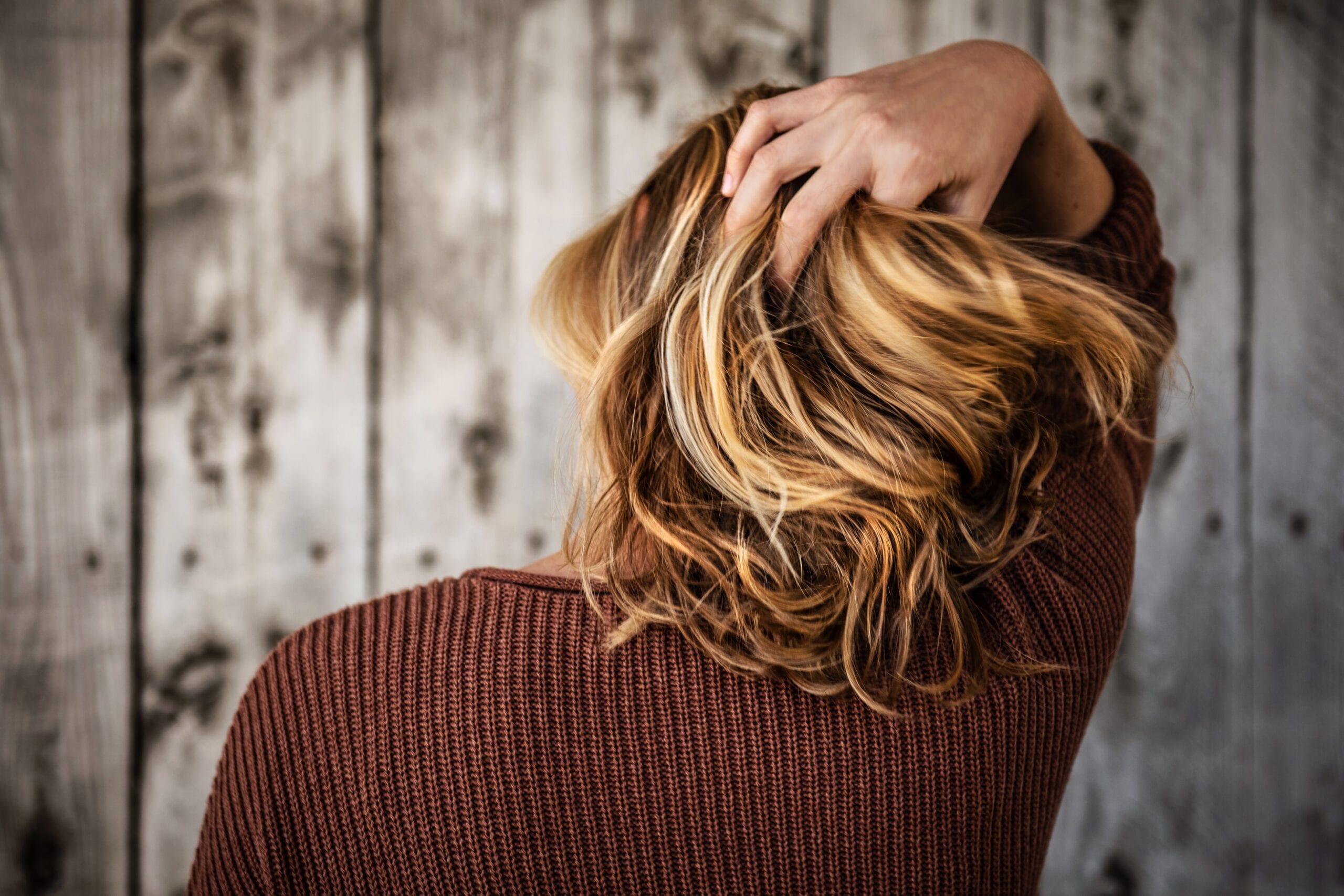Have you ever wondered about what dry shampoo is and how it works? What is the difference between pomade and hair oil? The perfect way to use your shampoo and conditioner to keep your “do” fresh? So let’s learn about some best hair products.
Your hair products are the first and most important step towards achieving the desired look or hairstyle. You can kiss that beachy boho look or that sleek chignon goodbye without the right hair products!
In this article, we’re going back to basics to give you a rundown on daily hair products everyone should have. We will also cover how to use to their fullest potential to ensure lovely looks and healthy hair.
What Your Hair Needs?
Hair products are expected to fulfill two essential needs: moisture and protein. How much moisture and protein your hair requires depends on a couple of things.
For one thing, you need to know your hair type and porosity level. The porosity of hair is the other half of the equation.
It simply refers to the ability of the hair to absorb and retain moisture. There are three levels in the porosity spectrum: low, normal, and high. Understanding your hair’s porosity level will make it easier for you to choose the right products.
So, the first step is to know your hair type, then your hair’s porosity level. And finally, find the right products that work efficiently. Looks simple enough?
Not too much as there are tens of thousands of products on the market. So, it can be overwhelming to decide where to start. You may just give up before you start looking for new products.
We Understand Your Frustration?
It’s much more frustrating when you waste hours watching Youtube videos searching for an influencer whose hair looks the most like yours.
You think you’ve found the one. Then you’re going to buy all the things they’ve used for their wash day routine, excited to get the same results.
Only to have the worst day of your life for your hair!

1. Moisturizing shampoo vs. Clarifying Shampoo
We recommend moisturizing shampoos for daily/weekly cleaning. Your best choice is to look for a moisturizing shampoo that does not contain sulfates.
Sulfates make it easy to remove dirt and dead skin cells from your skin and hair. They can also remove natural oils from your scalp and hair.
This will make your hair dry and brittle. If your scalp is sensitive, it can irritate, such as redness, dryness, and itching.
Shampoos tend to strip hair follicles of their natural moisture. If you don’t have too much build-up to wash your hair several days a week, shampoo is only available once.
If you have chemically processed hair, look for a moisturizing shampoo produced for chemically processed hair. Bleach and dyes are vulnerable to drying out hair. So, using a shampoo that adds to dryness would hardly be beneficial.
If you’re transitioning from processed hair to natural hair, the shampoos that help to restore hair follicles are right for you.
You need a clarifying shampoo when you have weeks of dirt build-up. If you have gone without washing your hair for more than two weeks, you should use a clarifying shampoo. Because it strips all the dirt out of your hair.
When using a clarifying shampoo, it is important to rejuvenate your hair follicles throughout your wash routine to preserve your hair needs’ moisture.
2. Conditioners
There are three types of conditioners: a rinse-out conditioner, a deep conditioner, and a leave-in conditioner. All three can be used in tangent with each other or on their own, depending on the washing day.
Rinse-Out Conditioner
Rinse-out conditioner is the traditional conditioner that is used after you have shampooed your hair. It makes a great slip. Slip refers to how lubricating the product helps your hair feel as you apply it to detangle your hair better.
We also purchase shampoo and conditioner from the same brand in the same line of products. It’s not always necessary. You may find a shampoo that your hair likes from one brand, but a conditioner from another brand that you also like because it helps create more slip.
We recommend that you leave your rinse-out conditioner for 5 minutes. If your hair is curly, it’s best to split your hair into sections before you detangle it.
Deep Conditioner
Deep conditioners are used as additional products to moisturize and repair hair follicles. You should apply them thoroughly and left in your hair from 20 minutes to the night.
The harder it is for your hair to retain moisture, the more often you should deep condition your hair.
If your hair is prone to developing many natural oils, it doesn’t need to be heavily conditioned as frequently.
We recommend a deep conditioner in addition to freshly washed hair. But some women prefer to use it before washing their hair. This is another place where the common practice is trial and error. If you don’t try both, you wouldn’t know which method your hair prefers.
3. Protein Treatment
You should only incorporate protein treatments as needed into your wash routine. Protein is essential for hair, nails, and skin. It is used to build tissue cells to help keep your hair clean and growing.
However, because protein naturally occurs in our hair (we call it keratin in this form), too much protein can do more damage than good.
Understanding that your hair needs protein treatment would depend on the quality of your hair. If your hair is pretty good, you should consider getting protein treatment every couple of months. If you’re not sure, the only way to know this is to perform a hair strand test.
4. Serums
The primary aim of hair serum is to make your locks look brighter, less messy, and healthier. This occurs as light is absorbed and reflected by the serum.
Which Type Of Serum Is Right For You?
If your hair is prone to frizz, hair serums are a perfect styling product to use while your hair is styling. Use serums filled with hydrating oils such as jojoba, argan, sweet almond, and marula to keep those curls bouncy, and smooth and bring them back to life. There are specific hair serums appropriate for different hair types.
You can use them to stop hair breakage. You can even create hair serums at home that can be very useful to your hair.
If you have split ends, the serums made with keratin are better. Keratin repairs aggravating split ends and avoid split ends.
If you live in a warmer climate, your hair needs additional sun protection. Serums made with lavender oil are meant to be your go-to. Not only does lavender oil nourish and bring shine to your hair, but it can also help protect your hair from the sun.
If you have curly hair, frizz is harder to handle than other types of hair. If you’ve got oily hair, you know how hard it can be to keep your coils hydrated. Serums blended with argan and Moroccan oils will give it a healthy glow and lock in moisture.
The Bottom Line
Searching for the right hair products can be a tough and expensive process. The internet will be your best friend to find things that are compatible with your hair and within your budget.
Our hair deserves as much affection and care as the rest of our body does. Try to make your DIY products where you can.


